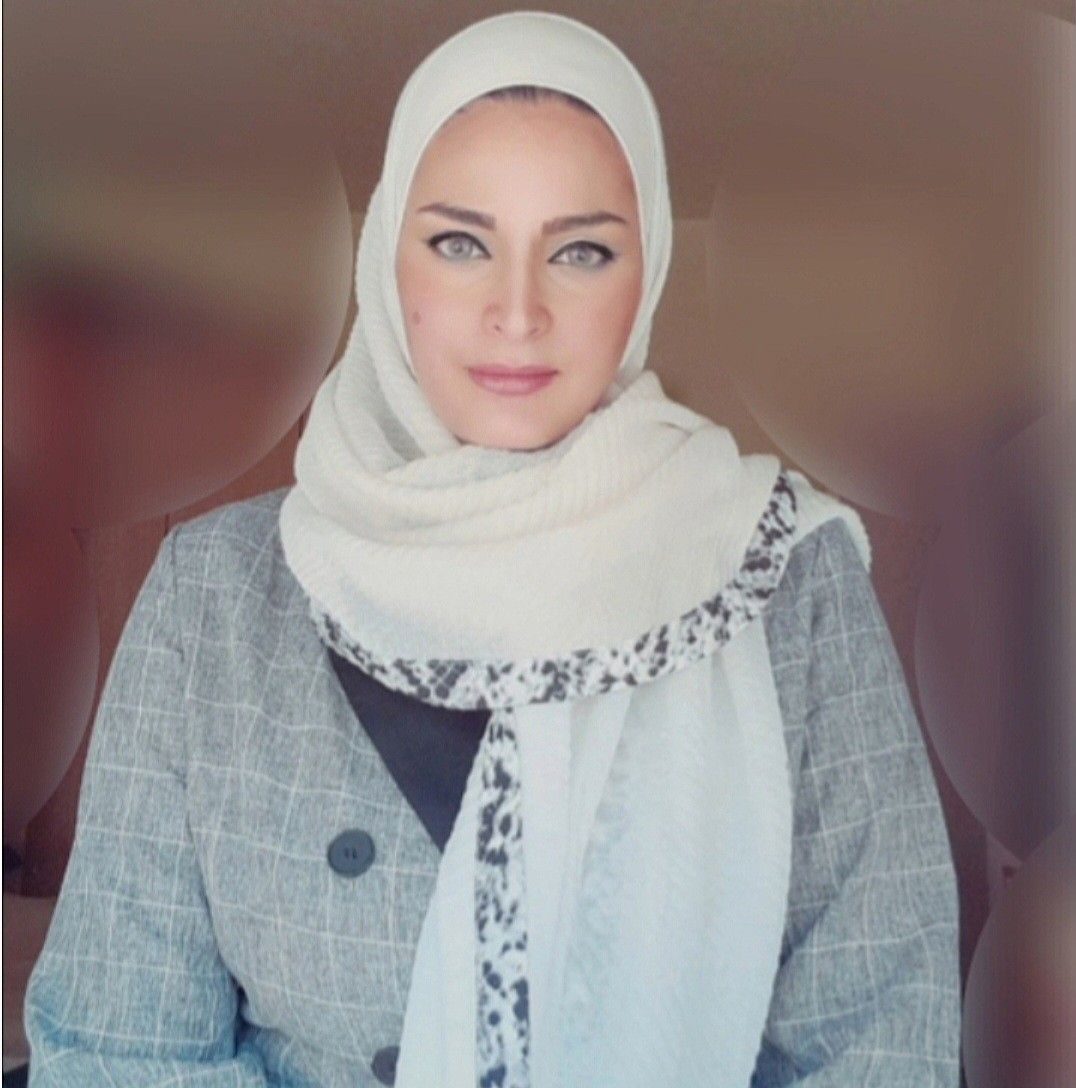Syrian activists are voicing strong criticism of recent remarks made by Obaida Arnaout, the official spokesperson for the new Syrian political administration, regarding women’s roles in the country’s future political and military landscape. In a televised appearance on the Lebanese channel Al-Jadeed, Arnaout suggested that women’s “biological composition” made them unsuitable for positions such as Minister of Defense or roles within the judiciary—statements that have sparked widespread backlash.
An Outdated and Condescending Perspective
Prominent Syrian activist Heba Al-Gull issued a scathing response to Arnaout, accusing him of perpetuating outdated and regressive views. In a widely circulated open letter, Al-Gull challenged Arnaout’s claims and highlighted the historical contributions of Syrian women to politics, society, and the military.
She wrote, “What right do you, Mr. Speaker, have to invoke biological composition as a basis for barring women from any position, even the presidency of the Syrian Republic, should they aspire to it and secure it through the ballot box?”
Al-Gull emphasized Syria’s rich history of female leaders, including figures like Zenobia, Ishtar, and Julia Domna, as well as modern trailblazers such as Captain Nazik al-Abed, who played a pivotal role in the early Syrian army, and Alice Kandelft, Syria’s first permanent delegate to the United Nations. She reminded Arnaout of the significant milestones Syrian women achieved long before their European counterparts, including obtaining the right to vote and actively shaping the nation’s political and social landscape.
Criticism of Religious Misrepresentation
In her letter, Al-Gull also rejected Arnaout’s invocation of religious arguments to justify limiting women’s roles. She cited historical examples from Islamic history, such as Al-Shifa bint Abdullah, appointed by Caliph Umar ibn al-Khattab as the first female minister, and Aisha bint Abu Bakr, renowned for her extensive knowledge and influence.
“If you intend to invoke Islamic law, you might want to revisit the legacy of our predecessors, who entrusted women with leadership and governance roles. By comparison, your views are both regressive and far removed from Islamic principles,” she stated.
Sarhan’s Critique of Arnaout’s Naivety
Khaled Sarhan, a respected commentator, echoed these sentiments in a separate critique, calling Arnaout’s statements “superficial and naive.” Sarhan wrote, “This esteemed spokesman seems unaware of the profound political, economic, and social roles Syrian women have played throughout over 10,000 years of civilization. His remarks reflect an alarming ignorance of history and governance.”
Sarhan also pointed out Arnaout’s lack of understanding regarding modern political science and governance, arguing that his views were inconsistent with the principles of democratic representation. He cautioned the transitional administration against repeating the mistakes of other regimes and alienating large segments of the population.
A Call for Accountability
Both Al-Gull and Sarhan urged Arnaout and the political administration to focus on building a unified and inclusive Syria rather than reigniting debates that have long been settled.
“Leave women to chart their own paths. Be their ally, not their adversary,” Al-Gull implored, warning that failing to embrace inclusivity would repeat the failures of past regimes.
Sarhan added, “Do not squander the Syrians’ fragile trust in you. The revolution was fought for dignity, justice, and equality—principles that cannot be compromised.”
The uproar over Arnaout’s comments underscores the broader challenges facing Syria’s transitional government, as it grapples with balancing diverse perspectives while striving to rebuild a war-torn nation. Whether the administration will address these criticisms remains to be seen, but activists have made one thing clear: the fight for equality and representation in Syria is far from over.
This article was translated and edited by The Syrian Observer. The Syrian Observer has not verified the content of this story. Responsibility for the information and views set out in this article lies entirely with the author.


